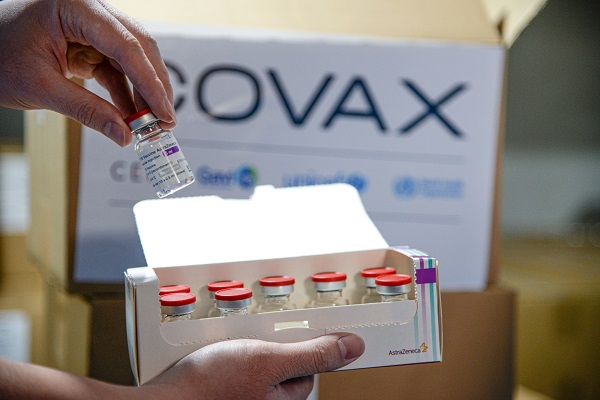
The Vaccine Network for Disease Control (VNDC) has raised concerns about a potential shortfall in the availability and distribution of critical vaccines; a scenario which could pose a threat to critical vaccination campaigns in Nigeria.
Founder of VNDC, Mrs. Chika Offor voiced these apprehensions in an interview with Science Nigeria in Abuja.
Offor underscored the urgency of the situation, warning that millions of children could miss out on essential immunisations if swift action is not taken.
“The looming crisis is fueled by logistical bottlenecks, disruptions in the supply chain and funding limitations,” lamented Offor.
She elaborated on the delays in vaccine deliveries experienced across various states, leaving health facilities ill-prepared to meet the escalating demand. Offor fears that these setbacks could severely undermine efforts to combat preventable diseases like polio, measles, and diphtheria.
“For countless Nigerian parents, the health of their children is paramount. Immunisation, a cornerstone of preventive healthcare, offers protection against numerous life-threatening diseases,” she emphasised.
However, Offor expressed grave concern over the potential vaccine shortage that could leave numerous children vulnerable in the second quarter of 2024.
She stressed the need for a comprehensive review of funding mechanisms to address the underlying challenges.
“In an effort to address the high number of unvaccinated children, Nigeria entered into a 10-year co-financing agreement with Gavi, the Vaccine Alliance,” explained Offor.
However, she highlighted a significant obstacle in translating budgeted allocations into readily available funds, citing the sluggish release of budgeted resources, with a substantial portion of the 2023 co-financing allocation remaining unpaid.
The uncertainty surrounding the entirety of the 2024 co-financing allocation further compounds the situation, raising doubts about the country’s ability to sustain funding for vital vaccines.
“The ramifications of a vaccine shortage could be catastrophic,” warned Offor, citing the potential for serious illness, hospitalisation and even fatalities among children.
She underscored the imperative of a collaborative approach to vaccine procurement financing, urging the prioritisation of immunisation funding in the budgetary process.
“The health of Nigerian children is a national imperative,” emphasised Offor, advocating for enhanced collaboration between federal and state governments, streamlined budgetary processes, and prioritised vaccinations.
As apprehensions mount over the looming specter of a vaccine shortage, advocates nationwide continue to call for concerted efforts to secure a brighter, healthier future for all Nigerian children, reports Science Nigeria.

